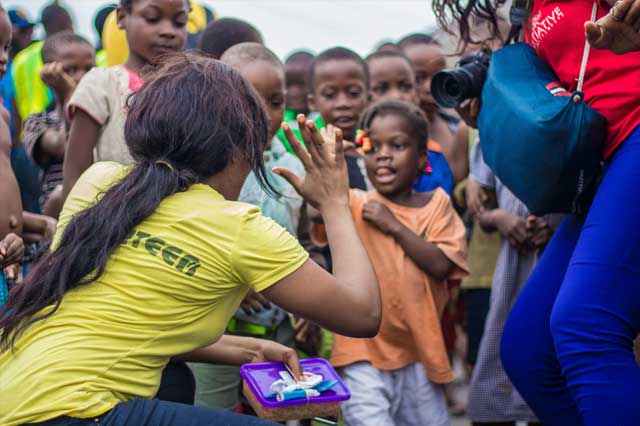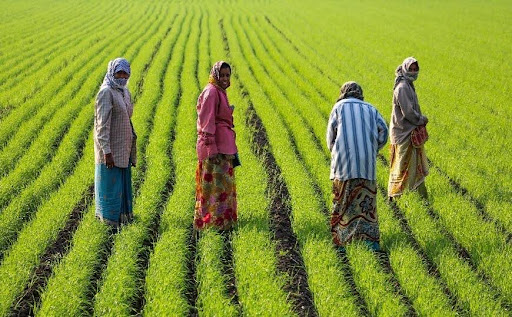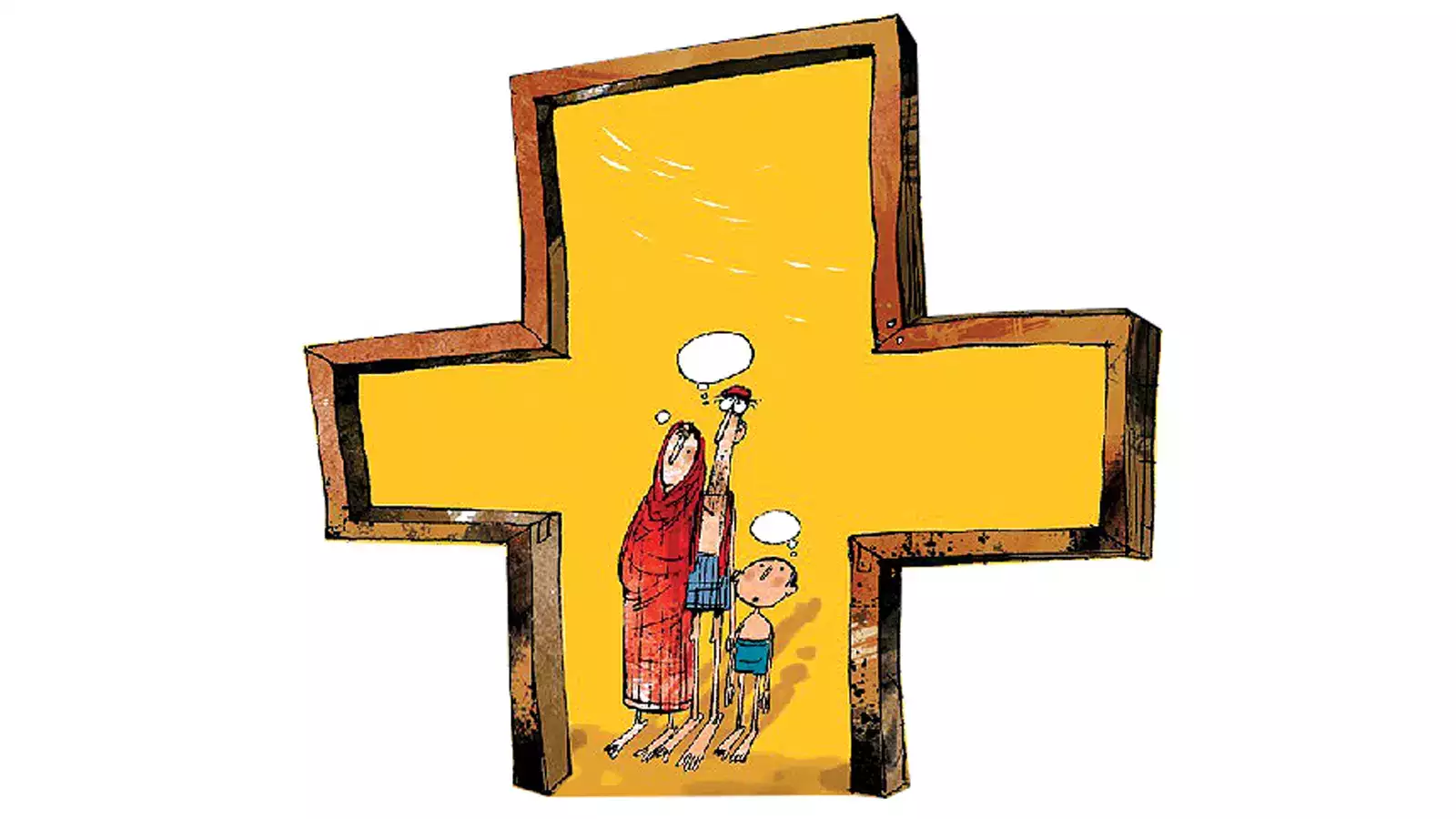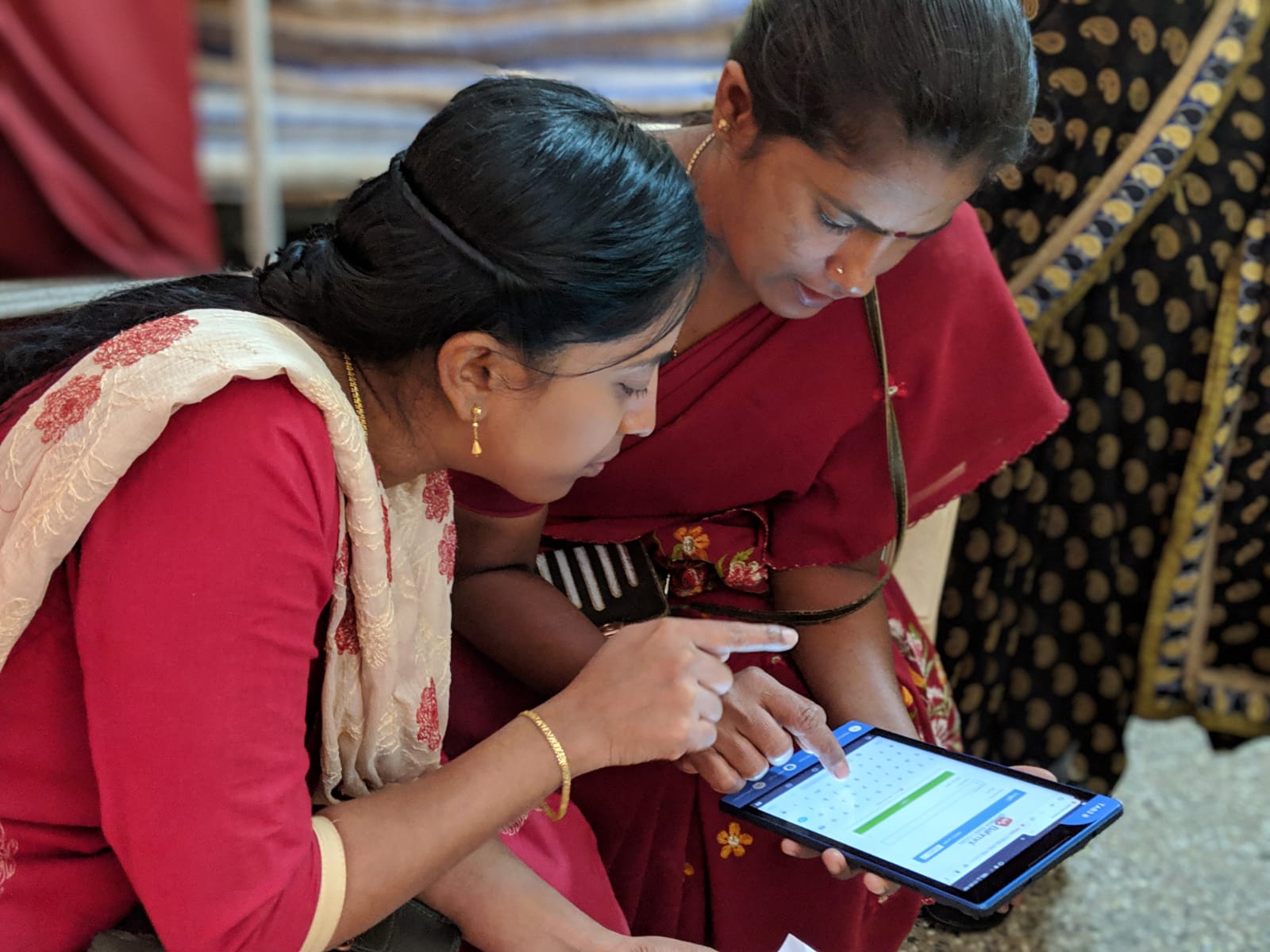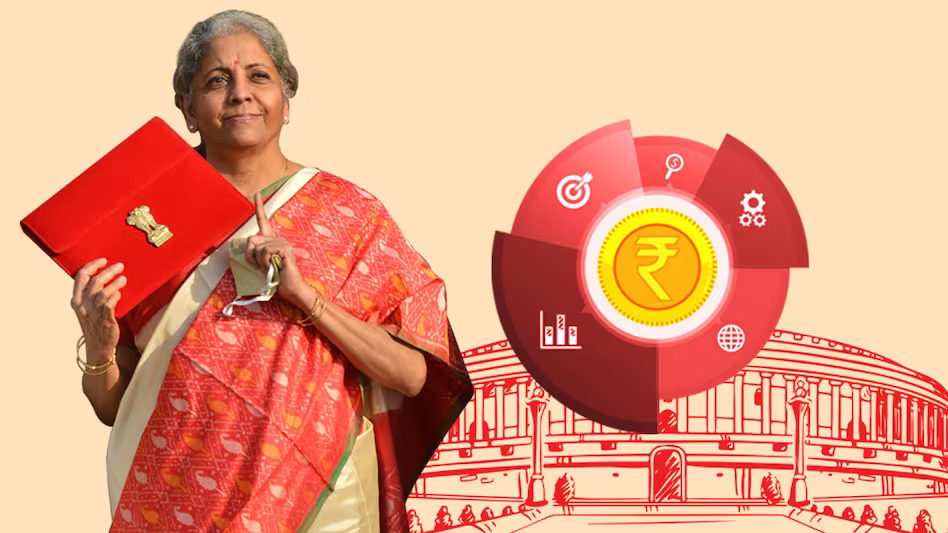Inequality is arguably one of the biggest challenges of our times, and it continues to grow wider and deeper with some worrying statistics. The richest 1% of the population controls almost half of the world’s wealth and the World Bank estimates that the pandemic has pushed 88-115 million more people into poverty in addition to the nearly 690 million already living in extreme poverty. 2.2 billion people do not get clean drinking water and 45% of the world population does not have access to a safely managed sanitation services. Apart from the inequalities and inequities, the last couple of decades have also seen tremendous ecological and environmental degradation due to adverse climate change effects. Global temperatures are increasing, and 18 of the 19 warmest years on record have occurred since 2001.
Most of these challenges have become more pronounced in the last two years as the COVID-19 pandemic raged across, and left a trail of devastation, in countries. As it did, we also saw a reversal of previously made progress on several issues and many activities to address them were put on the back burner as the world focused on controlling the virus.

It might still be too early to estimate the long term consequences of the pandemic, but there is clear evidence of the devastating impact specially in low and middle-income countries. In the early months of the pandemic last year, as we started anticipating the gravity of the pandemic and the challenges that would come our way, the United Nation Secretary General called for two pronged approach to address the overwhelming situation we were in. He urged us, on one hand, to contain the virus, while also continuing to focus on people particularly, women, youth, low-wage workers, small and medium enterprises, the informal sector and vulnerable groups already at risk. The underlying plea was to work together to save lives, restore livelihoods, address poverty and slowly bring about an economic revival. However, the focus we had hoped to keep on the latter could not be sustained.
The urgency to address these issues – and ensure that we don’t lose too much of the progress we had previously gained – cannot be overstated. To be able to do so, we need innovative strategies and solutions as well as a significant influx of capital to see them to fruition. However, to be able to be able to tackle these old – and new – challenges, we need a fresh approach to funding in India.
Traditionally, philanthropy has been a primary source of funding for social-impact and grassroot organizations working on vital social development issues. However, what tends to happen, is that such funding, while it is able to provide seed funding for an enterprise, it is unable to address the scale-up of organizations or interventions. Organizations working to create impactful solutions at scale require sustainable strategies for medium to long-term financial support. But very often what we see is that impact-fund-managers either miss or are unable to identify enterprises, interventions or innovations that have the potential to be transformative and also have the capacity to absorb significant amounts of capital. Smaller enterprise are also very diverse, operate at different levels of risk and might not have the same measures for success. In such a scenario, it can be difficult for a potential donor or investor to see the long-term value and impact and they choose not to invest.
For small enterprises the exercise of measuring long-term impact can also be a very daunting undertaking and thus they struggle to find funding. The challenges for such organizations have been further exacerbated in this pandemic, as many have lost existing avenues of funding and struggled to sustain their efforts. While some were able to recover, others operating on shoe string budgets were unable to survive as funds dried up and no new funding came their way.
COVID brought with it unique and unprecedented challenges, and it is becoming increasingly clear that they cannot be solely addressed by the old model of government and philanthropic interventions. The answer to tackling these growing and intractable problems lies in a new, innovative approach, including harnessing the power of business and private sector stakeholders, if we want to achieve an equitable world as envisioned in the SDGs just a few years ago – investing in an ‘immediate, reactive’ manner will not work. With traditional funding, investments in initiatives tend to be short-term, and end with pilots ultimately creating very little long-term value. They are one-time, stand-alone experiments that go away with the funder. The need of the hour is to create a platform where pilot initiatives get converted to scale and eventually transferred to government and/to other responsible agencies that can ensure their continuance. However, in order to optimise new investments and the urgency of addressing the pandemic impact, including reversing the systemic and social conditions, a deeper understanding and knowledge of on-the-ground partners, challenges and issues is required to identify solutions and test scalable and sustainable models.

This is where Partnerships for Impact (P4i) comes in. We act as a medium between the donor/investor and enterprise/entrepreneur and help facilitate, mobilize and build sustainable investments for long-term impact. We work to ensure that donors are able to find and fund social enterprises and grass-root organizations who have the potential to create value and bring about change and that their investment is well-utilized. At the same time, we work with organizations looking for investors, and helping them build their capacity to become more visible, develop a sustainable, long-term strategy, and be able to measure their impact, thus equipping them to attract more funding and investors.
P4i is uniquely placed to do support both organizations looking for social-impact investment opportunities as well as those seeking investors due its access to a vast network of developmental organizations and agencies, national and international NGOs, corporates, philanthropists, and other small and large donors. We have engaged with many such donors and philanthropists and are well-placed to understand their interests and goals. Additionally, the team at P4i has combined experience across a variety of social and development issues, and of working with different stakeholder groups including government, non-government and private organizations and institutions. This gives us unique insight into how each of these sectors operate as well as the dynamics of the players in them.
We work closely with a diverse panel of experts – in fields ranging from science, medicine, economics, health, education, gender, agriculture and food systems, finance and business – to better understand the developmental challenges that we face today, identify issues that need particular attention, and get their expertise in implementing our projects.
Today, as we start recovering from the pandemic, and acclimatize to the ‘new normal’, we need to draw our attention back to the challenges and issues that took a backseat, while controlling the virus, aiding relief and emergency efforts, and developing a vaccine became top priority. The innovative solutions to these challenges we believe, will come from social-impact enterprises and grass-root organisations, and support from the donor and investor community will play a crucial role in ensuring lasting change.

